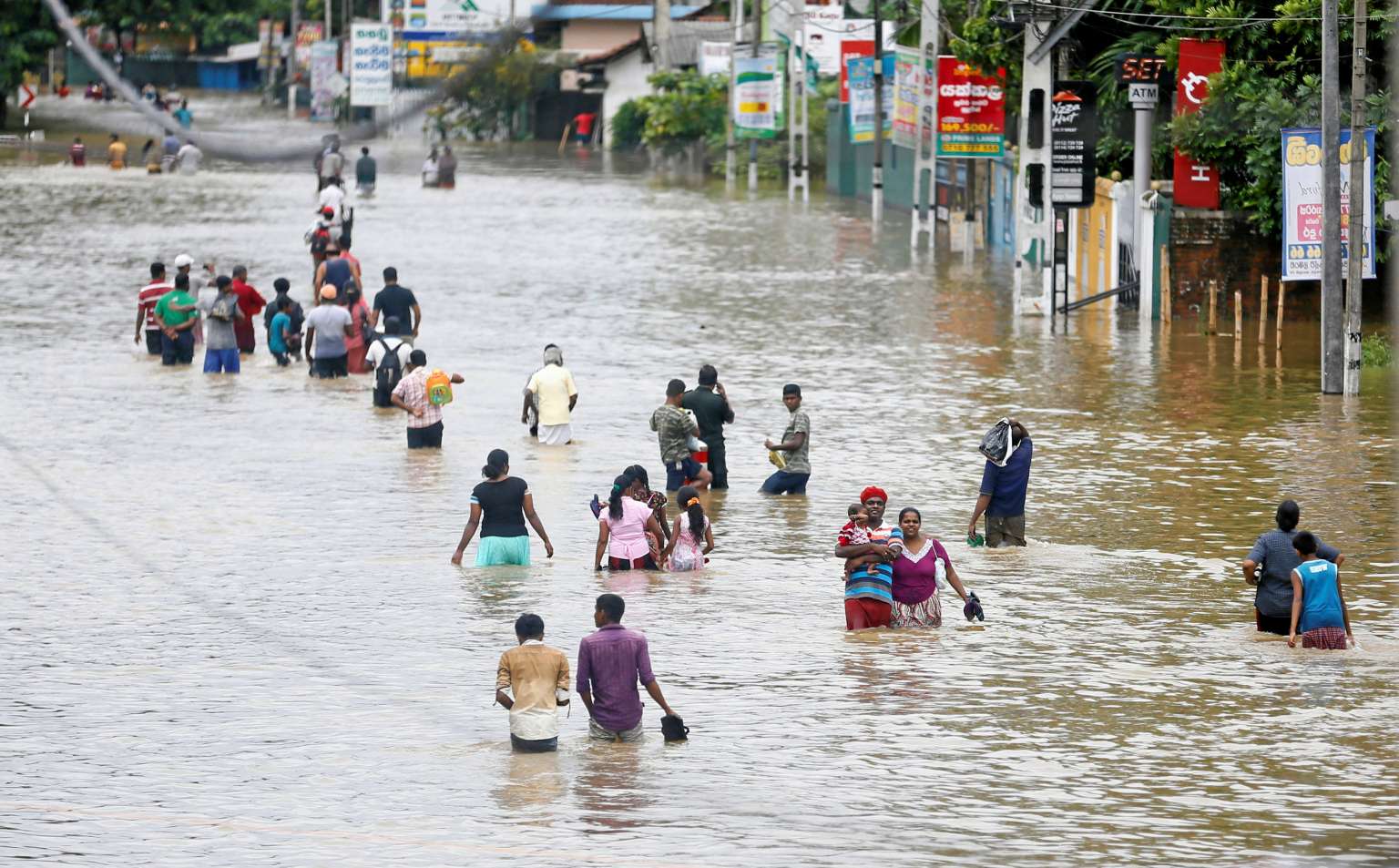
Climate change poses a serious and increasing public health challenge. Understanding connections between climate change, health and wellbeing are crucial to developing effective strategies to protect public health.
What are the health and wellbeing impacts of Climate Change?
Heat related illnesses
As average global temperatures rise, heatwaves are becoming increasingly frequent and severe. These can result in heat exhaustion, heatstroke and exacerbate existing health issues. They are incredibly dangerous for vulnerable demographics including the elderly, young children, and people with chronic illnesses.
Air quality
Higher atmospheric temperatures can increase the concentration of ground-level ozone and other pollutants, leading to poor air quality. This can exacerbate respiratory conditions such as asthma and chronic obstructive pulmonary disease, and can heighten the risk of cardiovascular diseases.
Vector-borne diseases
Climate change can significantly affect the distribution of vectors such as mosquitos and ticks that spread malaria, dengue fever, lyme disease and tick bite fever. Vectors tend to require warm, humid climates to survive. Therefore warmer weather and changing precipitation patterns create more favourable conditions for them.
Water-borne diseases
Changes in precipitation and extreme weather events, such as tropical storms can cause flooding, leading to the contamination of water supplies and in turn, outbreaks of waterborne diseases. Flooding can also disrupt sanitation infrastructure, increasing the risk of disease transmission. Low income countries are incredibly vulnerable to water-borne diseases such as cholera and typhoid, because their existing sanitation infrastructures and health care systems are fragile.
Food security and nutrition
Climate change has detrimental impacts on agricultural productivity, affecting food availability and quality. Extreme weather can destroy crops, while changes in temperature and precipitation can alter growing seasons. This can lead to malnutrition and food security, particularly in vulnerable regions.
Mental health
The psychological impacts of climate change are significant yet often overlooked. Natural disasters, displacement and stress related to climate change can lead to anxiety, depression and other mental health issues. People with existing mental health issues and people in affected or vulnerable areas are most at risk.
The link between climate change and health is clear and compelling. By understanding and addressing these impacts (through mitigation and adaptation strategies) we can protect public health and increase community resilience. This article has addressed a collective responsibility that requires action at all levels, from individuals to policy makers to ensure a healthier future for all.






